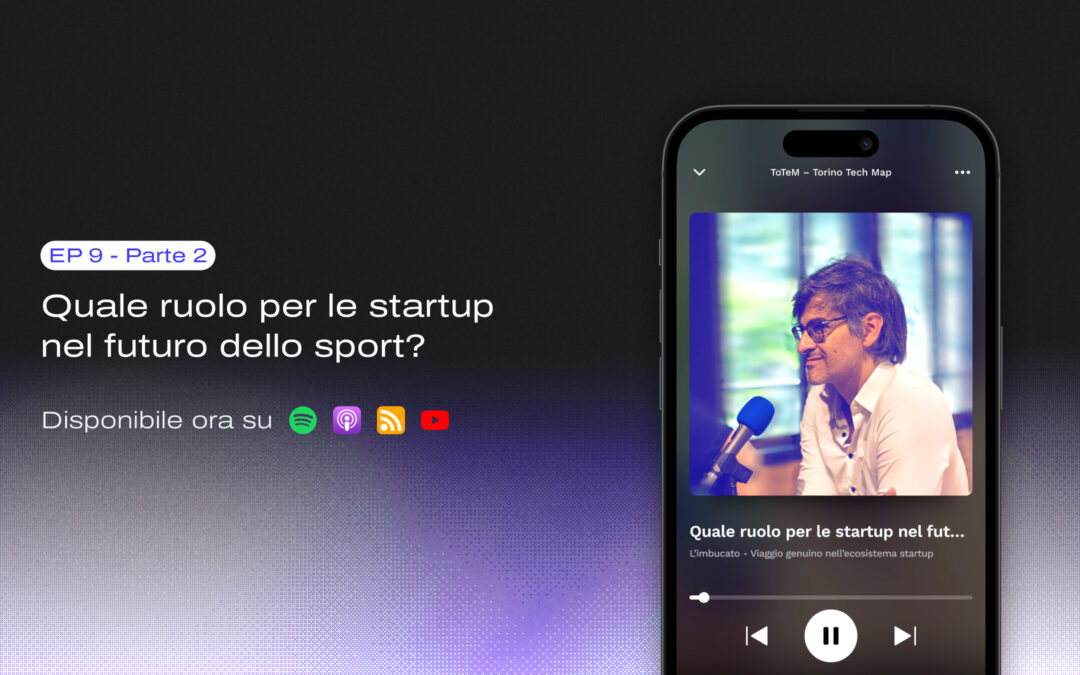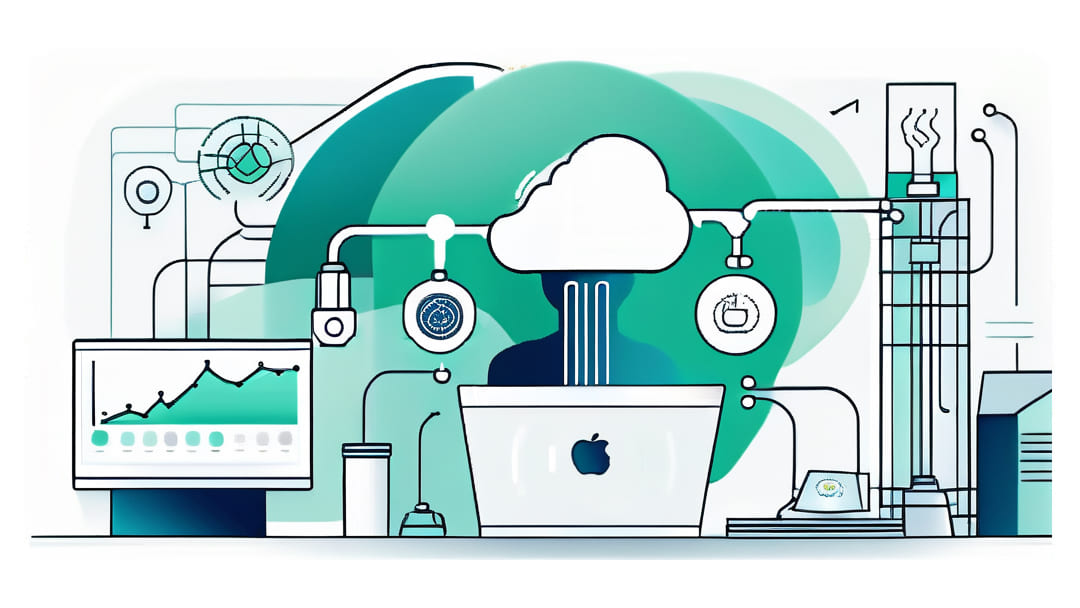Resource created by Alessandro Bettuzzi, Talent & Learning Manager, Organizational Psychologist, Agile Coach
Nobody who’s ever scaled a business from the ground up did it alone. The people you choose to work with have the ability to make or break your business. In fact, on the third step of the podium of the "reasons why startups fail" we find that "not having the right team" kills about 23% of startups (source: CB Insights). Even if it’s not ranked first, nothing will kill your startup faster than having to put down fights among your team at every issue that arises.
A clear question then arises: how do I build the perfect team?
Obviously there's no magic recipe for getting it right every time, but there are elements to pay attention to that can increase your chances of success.
Start with Self-awareness!!
What do you do well, what are you not so great at? Not only hard skills, think soft as well! Your personality, your values, and your beliefs are all things that you need to take into consideration.
The point is not only to find the skills you don't have to develop your startup but also the skills you need to develop yourself as an entrepreneur.
Plus, your values and way of being are a key aspect to consider in order to understand who shares values and ways of doing things with you that will allow you to work together for a long time!
Skills: Find T-shaped people
Now then, let’s get the easy part out of the way first. Finding skills and competencies in the current labour market is cheap. You can find thousands of profiles fitting the bill, but those who are a perfect match can be counted on one hand. So, first of all, don't focus on vertical profiles, look for T-shaped people. T-shaped employees are experienced in one specific area (what they enjoy the most), but willing to tackle other tasks (not belonging to what they can do best) as well. They are curious and ready to take on new challenges. They are able to walk the extra mile to make things work. When you’re just starting from scratch, these ‘Jacks of all trades’ will always be way more powerful than ones who have depth in just one topic.. Resilience and willingness to work for the cause are unmatched assets for your startup, since at the beginning everyone will have to do more than one task out of their expertise field and out of their comfort zone as well.
Mission-fit
Convictions and motivation are way more important in a candidate than experience. If your team is not invested in that grander vision, you’ll have a hard time keeping employees motivated. So if you want star performers who over-deliver, you have to get your team to buy into your grand plan. Let it be their vision too.
But if you want people who are going to do great work for the long haul, make sure that their goals are aligned with their everyday job as well. The most important thing is that you know your team members’ individual ambitions. So be sure that their work matches with their development plan for their career if you want them to be there for you in the long run!
Culture-fit
In order to evaluate cultural fit, you need to have a clear definition of your culture. You probably already have an idea of what you deem important for success. It may be that your values guide your actions in order to best serve the mission. If you don’t know which values to focus on, reflect on your positive and negative experiences with workplace culture in past situations and list relevant concepts and values. If you don’t know why you get out of bed each day to go to work, neither will anyone else. Communicate the culture earlier in the recruitment process so that if the candidate is a bad cultural fit, everyone needs to know as early as possible. To avoid wasting everyone's time.
Tools and tips
- Referrals are the best tool ever created. Your co-founder and your first team members are likely to be in your network! How? Ask people you know if they know someone for the project you are working on. In fact 47% of hires through referrals have greater job satisfaction and stay longer in the companies where they are hired.
Why? Because people who know you and have already worked with you for a long time are generally 3 times more objective and accurate in describing the work environment than the CEO. So, if you're looking for co-founders for your startup, the first people to ask are those you've worked with before and told about your idea.
- Think beforehand about the skills that are important to you and use a structured question list. Don't arrive at the interview unprepared. Create a list of questions that allow you to explore all the skills your future colleague should master. This way, you can also create an objective benchmark to compare the answers between different candidates without getting too far off track.
- Get acquainted with personality tests. There are several free online tools such as Crystalknows or 16Personalities that can provide you with behavioral profiles complete with an explanation. Doing it yourself and then asking others to do it in turn can be a great way to help you get to know not only yourself but also understand how you can work together with people with profiles different from your own. Be careful though, profiles of this type are not "magic tools" let alone foolproof. They can only help you to have some more elements but you cannot rely solely on them.
Conclusions
In conclusion, it is clear that the team is an invaluable asset not only to succeed in its mission but also to convince prospective investors. As critical a process as it is with many pitfalls, there are also just as many tools and methods to get it right. Take your time, be methodical and structured and start with you and your self-awareness. The most important thing is not to be in a hurry to build the team as soon as possible and don't only look for people with expertise only on hard skills. Matching your mission, ideals and culture will be the key to a long-lasting team.





